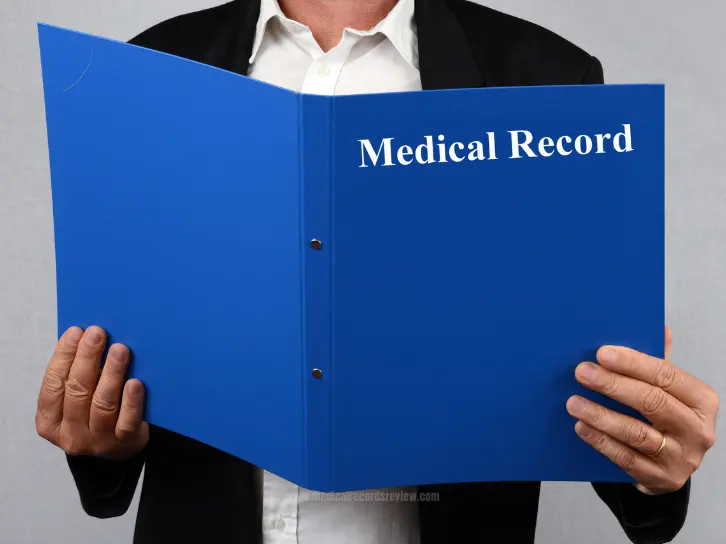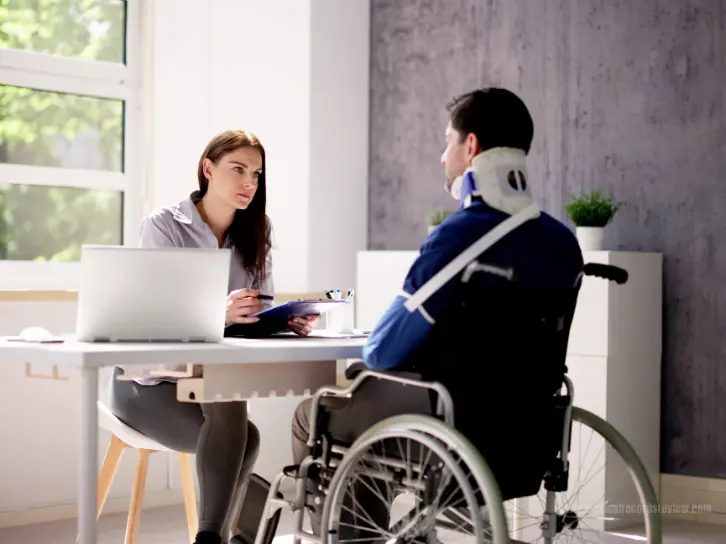In the USA, patients’ sensitive information is protected under the Health Insurance Portability and Accountability Act (HIPAA) Act. Attorneys dealing with medical records as part of legal cases must understand HIPAA to comply with various legal and ethical duties.
This blog discusses non-exhaustively different aspects of HIPAA compliance such as PHI disclosure, ensuring patient consent, making the distinction between subpoenas and court orders, and proper procedures for confidentiality.
Understanding HIPAA Compliance
Compliance with HIPAA means following the provisions of the HIPAA Privacy Rule and the HIPAA Security Rule to safeguard PHI and e-PHI. The Department of Health and Human Services (HHS) is responsible for HIPAA compliance and enforcement through the Office for Civil Rights (OCR). Some activities that need to be performed for compliance are:
- Adoption of administrative, physical, and technical safeguards
- Ensuring Information security and Information transmission security
- Using a HIPAA compliant Electronic Health Records (EHR) service provider
- Evaluating risks and providing auditing documents
Safeguarding Patient Information: Key Measures for Healthcare Providers
Healthcare practitioners have an important responsibility in protecting PHI. Recommended practices include the following:
- Physical Safeguards: Using secured lockable filing cabinets, access control zones, and other structures and instruments to restrict access to sensible information.
- Technical Safeguards: Encryption and decryption, IT systems integrity controls, IT disaster/Risk recovery plans, and offsite backup storage.
- Administrative Safeguards: Training employees in policies and procedures, defining information access, and monitoring flows of sensitive information.
Legal Disclosures: Navigating the Intersection of PHI and the Courtroom
Access PHI to perform legal work like case write-ups. Yet, legal practitioners and other healthcare staff should ensure that such disclosures follow the HIPAA regulations. Some areas to remember include:
- Disclosures of PHI must be made on a need-to-know basis.
- Providers are obliged to maintain and provide patients with an accounting of shared record disclosures.
- Healthcare providers are required to assess the legal justification for the release of any medical records.
Individual Authorizations: Obtaining Patient Consent for Record Access
With HIPAA, consent is required from patients before any PHI disclosure, except in specific cases. To obtain medical records, lawyers need to:
· Obtain filed HIPAA Authorization from the patient.
· Allow stipulations in the Authorizations that outline the purpose and extent of the Disclosure.
· Provided the PHI is not publicly identifiable, make reasonable verification of the request before disclosures.
Subpoenas vs. Court Orders: Understanding Their Distinct Requirements Under HIPAA
About subpoenas and court orders, HIPAA approaches them distinctly, as it does with other privacy laws:
- Subpoenas: These require best efforts to contact the patient or a qualified protective order before releasing information.
- Court Orders: These override and permit the release of PHI information but must be time-bound and restrained to the information presented in the order.
Attorneys need to appreciate this distinction to avoid other disclosures that will bring about charges as penalties.
Attorney Responsibilities Under HIPAA: Ensuring Compliance While Advocating for Clients’ Rights
Attorneys dealing with medical files are required to:
- Protect the privacy of the records through data protection strategies that are HIPAA compliant.
- Employ secure methods of data transport and cyber security.
- Ensure devices used for PHI processing are adequately secured and stored.
- Engage third-party vendors who are compliant with HIPAA guidelines.
Maintaining Patient Confidentiality Throughout Legal Proceedings: Best Practices for Attorneys Handling Medical Records
To maintain confidentiality of patients, attorneys should make sure to:
- Physically and electronically lock filing cabinets that hold sensitive information for patients.
- Avoid areas where discussion of PHI could be easily overheard.
- Control access to PHI and restrict usage to people with authorization.
- Provide encryption protection when exchanging sensitive electronic information (e-PHI) through cyberspace.
The Consequences of Non-compliance: Legal Ramifications for Healthcare Providers and Attorneys
HIPAA’s regulations are in danger of noncompliance which would result in the following legal outcomes:
- Civil Money Penalties: Civil fines that range from $100 to $50,000 per infraction depending on the infraction’s degree of severity.
- Criminal Penalties: Aside from the fine that may go up to $250,000, an individual is liable to be imprisoned for willingly neglecting any law that gets them into trouble.
- OCR Investigations: A public inquiry that may result in loss of reputation and internal operations.
Frequently Asked Questions
What is the main purpose of HIPAA?
PHI security, patient privacy, and lawful uses and disclosures of data are the main focuses of HIPAA regulation policies, which seek to achieve those aims.
What is the full form of HIPAA in the USA?
HIPAA is short for the Health Insurance Portability and Accountability Act.
What is the HIPAA policy in the United States?
HIPAA provides a structure to safeguard sensitive health patient information from unauthorized access while allowing appropriate access for legitimate healthcare activities and legal actions.
Conclusion
For any attorney, it is essential to be HIPAA compliant for any healthcare service provider dealing with medical records for legal proceedings.
Understanding the regulations, safeguarding PHI, obtaining proper authorization, and securing data transfer are the keys to maintaining the confidentiality of a patient’s information and escaping legal action. A lawyer using the best practices would be able to protect their client’s interests while adhering to HIPAA regulations.
The risk of violating HIPAA intern in legal proceedings is challenging. Your law firm would need to ensure that medical records are managed professionally. Our law firm is always available to assist you with legal HIPAA compliant medical records and other HIPAA related issues.
Ensure HIPAA-compliant medical record handling with confidence. Partner with MRR Health Tech for secure, accurate, attorney-focused medical records review!



